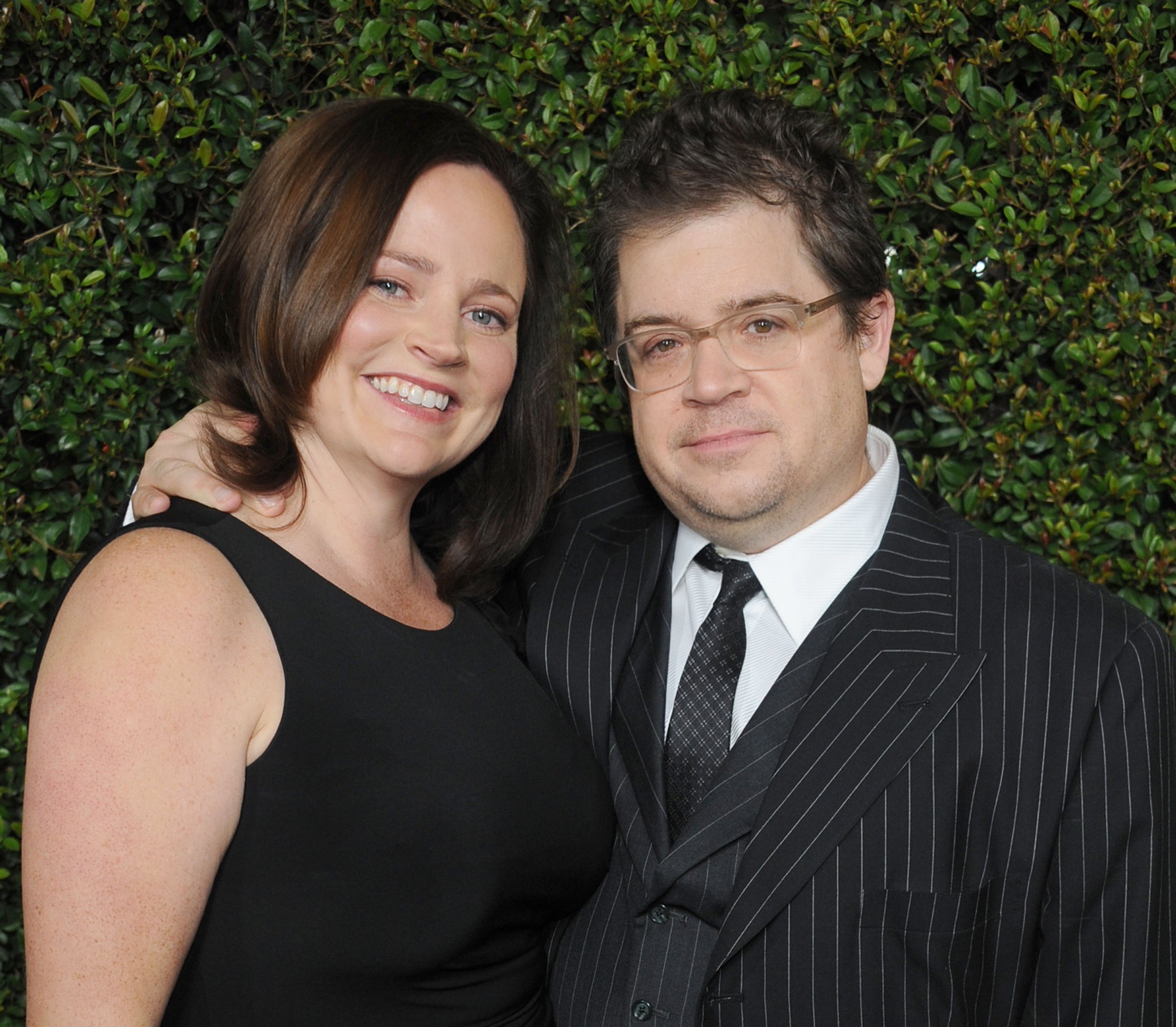
Oswalt is a comedian, writer and actor; his most recent stand-up special, Annihilation, is on Netflix.
Michelle Eileen McNamara entered the world on April 14, 1970.
On April 14, 2016 she turned 46.
One week later she was gone.
That’s the kind of opening Michelle would have written. She’d have done it better. Added one perfect adjective or geographical shading to pull you in. The pulling in of you, the reader, was never aggressive, calculating or desperate. She didn’t have to raise her voice.
She was a true crime writer—first on her blog, TrueCrimeDiary.com. More than 150 precise, haunting entries about subjects like “The Man With the Hammer,” “Devil in Michigan,” “The Ice Maiden and the Genius,” “Syko Sam” and “The Desert Bunker Murders.” There were also thoughtful, provocative ruminations on abiding crime topics—“The Big Fake Called The Fugue State,” “Crowdsleuthing” and “DNA (hooray).” There was also a fascinating entry called “#bloodbath,” a speculative masterpiece about how the Manson murders might have been different—or not happened at all—if our current social media infrastructure had existed in 1969.
This drew the attention of Los Angeles Magazine, who hired Michelle to write an article about “The Golden State Killer” (a name she coined)—the worst unsolved string of homicides in California history.
The article drew the attention of Harper Collins, who hired her to write a massive book about The Golden State Killer. This was the project she was 2½ years into when her story stopped, sometime on the morning of April 21.
Those are facts but not her entire story. Her life also involved social work in Belfast and Oakland, and screenwriting in Los Angeles, and teaching creative writing at Minnesota State, and motherhood and marriage and glorious, lost years on the outskirts of the early 90s Chicago music scene, where she also worked for a young Michelle Obama. One day Michelle Obama’s husband came into the office to speak to the staff. He was impressive and funny. Another encounter, another memory in a life spent fascinated with people and relationships and the unknown.
The reaction to her passing, the people who are shocked at her senseless absence, is a testament to how she steered her life with joyous, wicked curiosity. Cops and comedians call—speechless or sending curt regards. Her family is devastated but can’t help remember all of the times she made them laugh or comforted them, and they smile and laugh themselves. She hasn’t left a void. She’s left a blast crater.
I loved her. This is the first time I’ve been able to use “I” writing this. Probably because there hasn’t been much of an “I” since the morning of April 21. There probably won’t be for a while. Whatever there is belongs to my daughter—to our daughter. Alice.
Five days after Michelle was gone, Alice and I were half-awake at dawn, after a night of half-sleeping. Alice sat up in bed. Her face was silhouetted in the dawn light of the bedroom windows. I couldn’t see her expression. I just heard her voice: “When your mom dies you’re the best memory of her. Everything you do and say is a memory of her.”
That’s the kind of person Michelle created and helped shape.
That was Michelle. That is Michelle.
I love her.
More Must-Reads From TIME
- The 100 Most Influential People of 2024
- The Revolution of Yulia Navalnaya
- 6 Compliments That Land Every Time
- What's the Deal With the Bitcoin Halving?
- If You're Dating Right Now , You're Brave: Column
- The AI That Could Heal a Divided Internet
- Fallout Is a Brilliant Model for the Future of Video Game Adaptations
- Want Weekly Recs on What to Watch, Read, and More? Sign Up for Worth Your Time
Contact us at letters@time.com